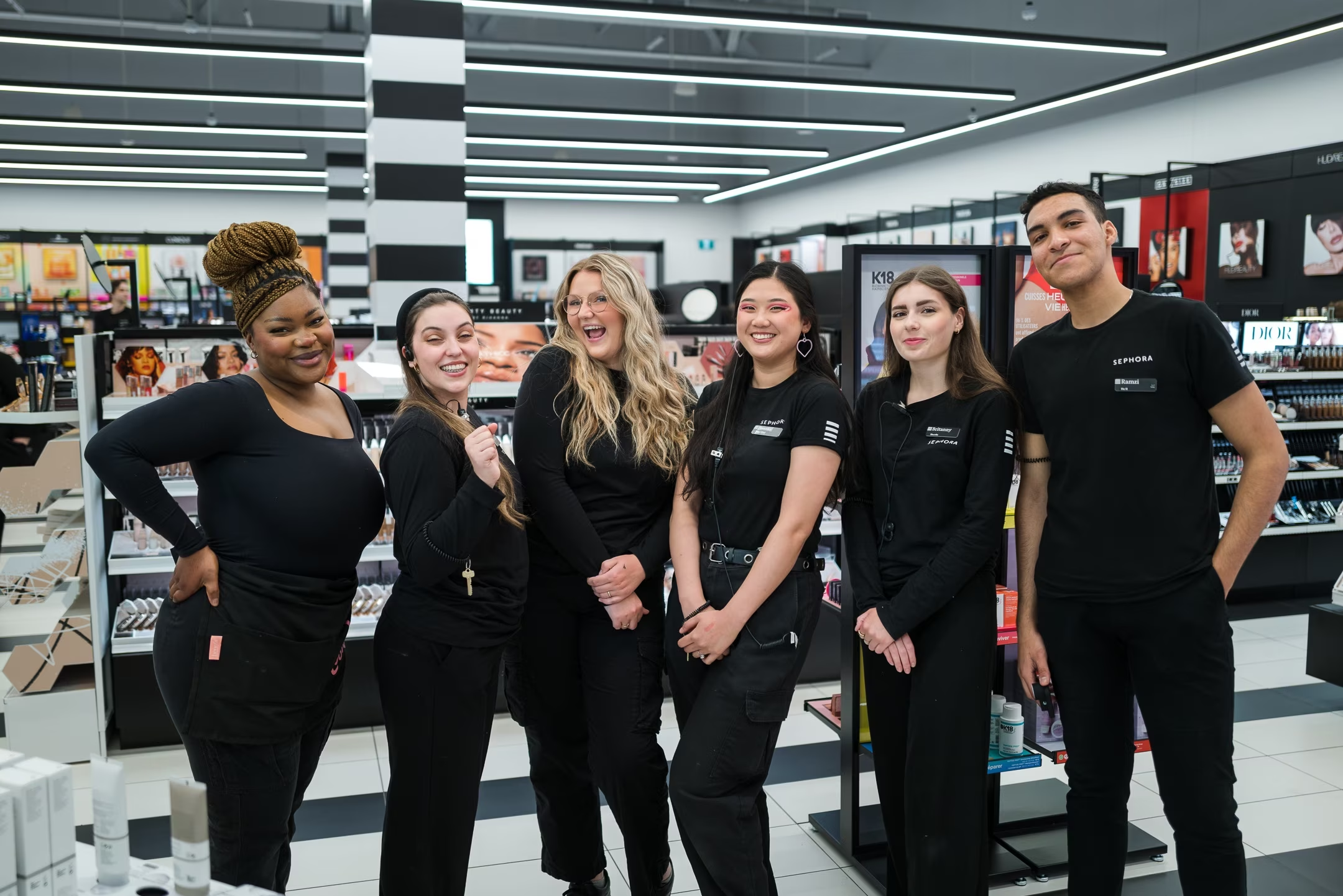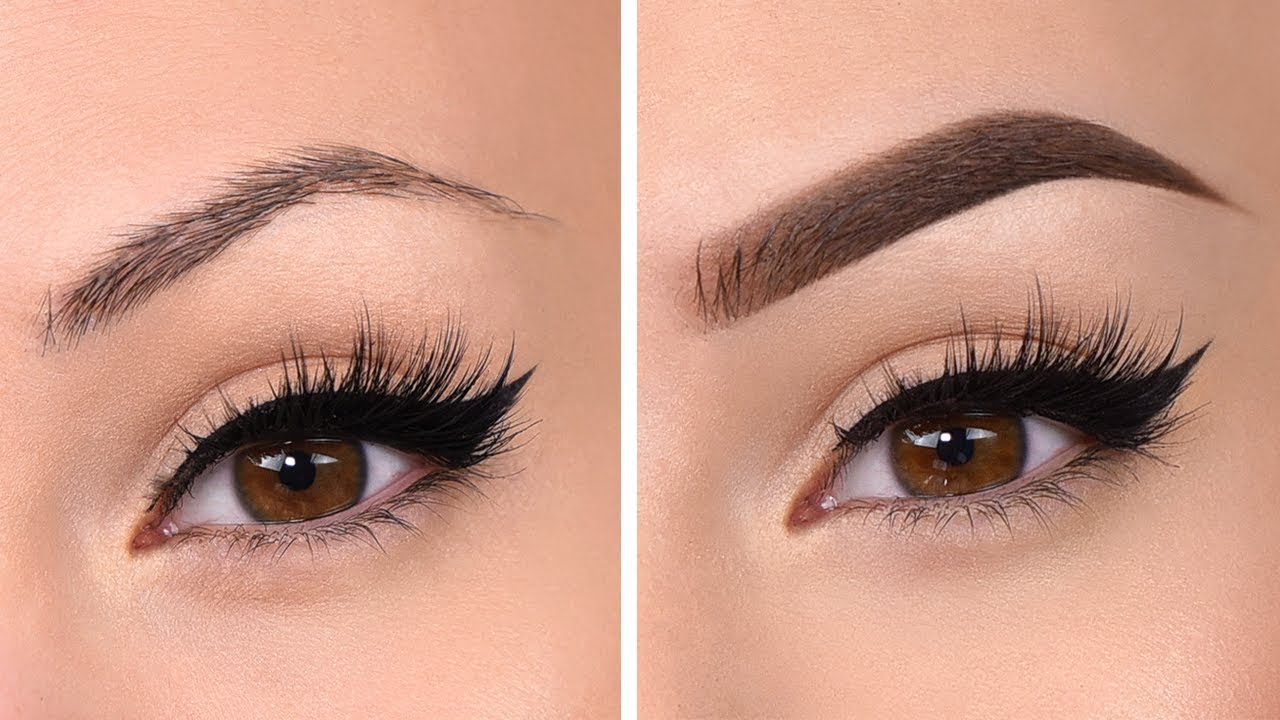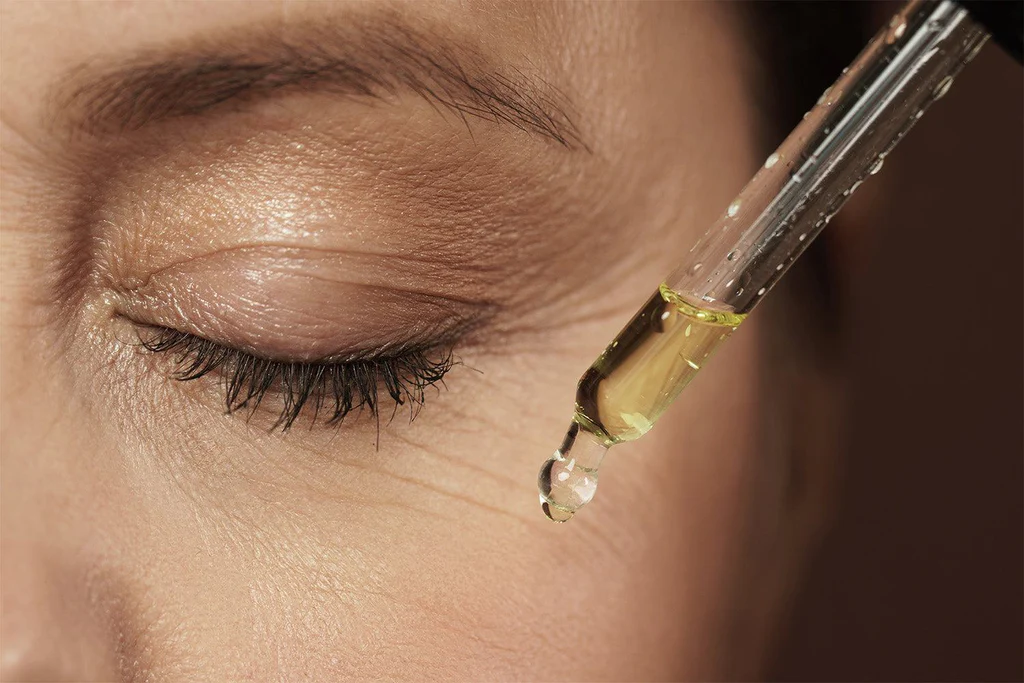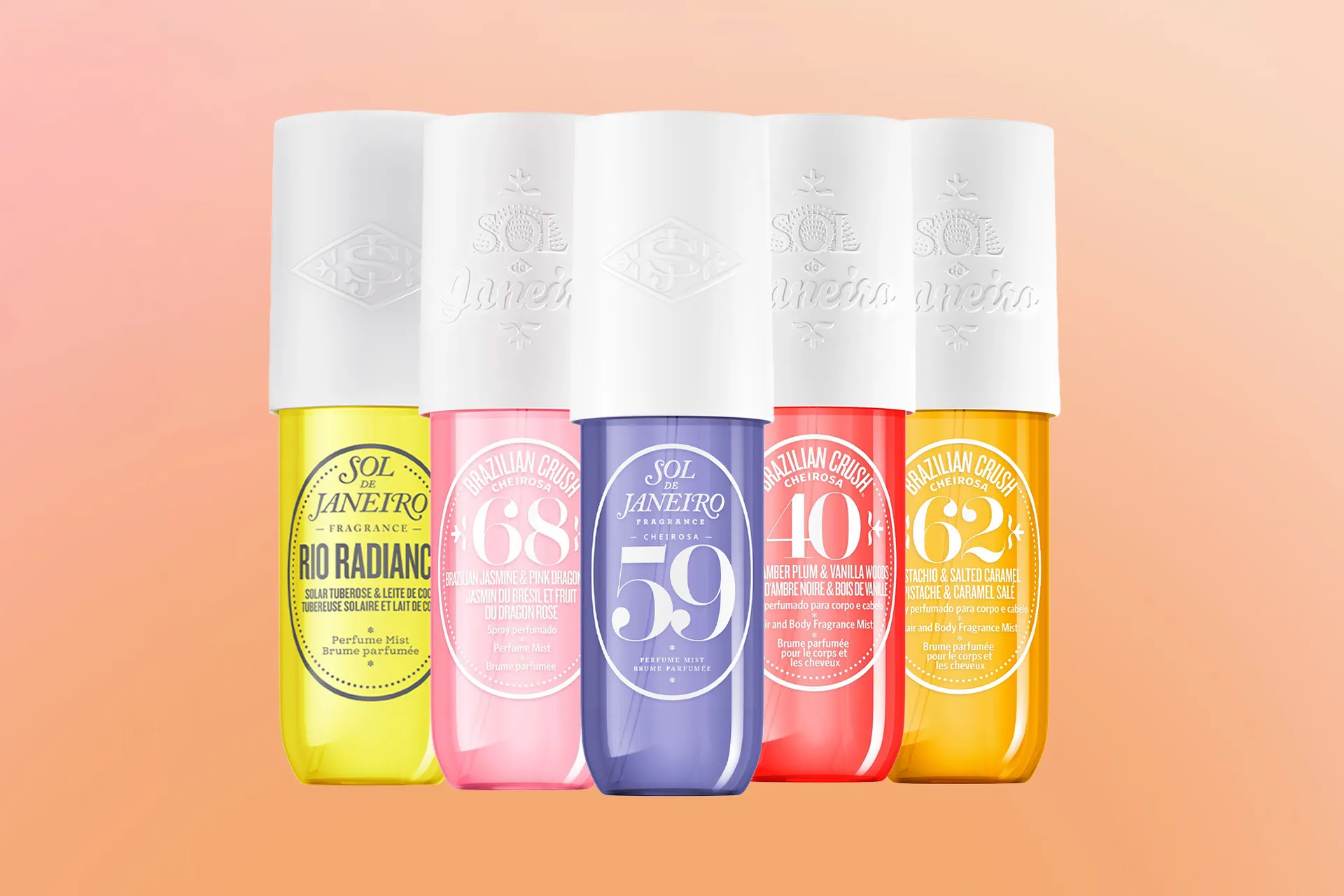If you have ever struggled with acne, blackheads, or clogged pores, you may have heard of the term “noncomedogenic”. But what does it mean, and how can it help you achieve clearer and healthier skin? In this blog post, we will explain everything you need to know about noncomedogenic skin care products, including:
- What noncomedogenic means and how it relates to acne
- What ingredients to look for and avoid in noncomedogenic products
- What types of products are noncomedogenic and how to use them
- Some frequently asked questions about noncomedogenic skin care
What Noncomedogenic Means and How It Relates to Acne
Noncomedogenic is a term used to describe certain beauty products that are said to not clog pores. The word comes from “comedo”, which is the medical term for a pore blockage that can lead to acne. A comedo can be either open (blackhead) or closed (whitehead), and it is caused by a combination of excess oil, dead skin cells, and bacteria.
Acne is a common skin condition that affects millions of people worldwide. It can range from mild to severe, and it can cause physical and emotional distress. Acne can be influenced by many factors, such as hormones, genetics, diet, stress, and environmental irritants. However, one of the main causes of acne is the use of comedogenic products that clog the pores and trigger inflammation.
Noncomedogenic products are designed to minimize the risk of pore clogging and acne breakouts. They are usually oil-free or contain oils that are less likely to cause comedones. They also tend to have lighter textures and fewer ingredients that can irritate the skin. Noncomedogenic products are not a cure for acne, but they can help prevent it or make it less severe.
What Ingredients to Look for and Avoid in Noncomedogenic Products
There is no official or standardized definition of what counts as noncomedogenic, and there is no regulation or testing by the Food and Drug Administration (FDA) for products that claim to be noncomedogenic. This means that different manufacturers may have different criteria and methods for determining whether their products are noncomedogenic or not. Some may rely on studies done on animals or humans, while others may base their claims on anecdotal evidence or marketing strategies.
Therefore, it is important to read the ingredient labels of the products you use and do some research on what ingredients are comedogenic or noncomedogenic. There is no definitive list of comedogenic or noncomedogenic ingredients, as different ingredients may have different effects on different skin types and conditions. However, there are some general guidelines and tips that can help you choose the best products for your skin.
Some ingredients that are considered noncomedogenic include:
- Aloe vera: A natural plant extract that has soothing, hydrating, and anti-inflammatory properties.
- Vitamin C: A powerful antioxidant that brightens, protects, and repairs the skin.
- Glycerin: A humectant that attracts and retains moisture in the skin.
- Dimethicone: A silicone-based polymer that forms a protective barrier on the skin and prevents water loss.
- Allantoin: A chemical compound that has healing, soothing, and anti-irritant effects.
Some ingredients that are considered comedogenic include:
- Coconut oil: A plant-based oil that is rich in fatty acids and antioxidants, but can clog the pores and cause breakouts in some people.
- Lanolin: A wax-like substance derived from sheep’s wool that moisturizes and softens the skin, but can also trap dirt and bacteria in the pores.
- Isopropyl myristate: A synthetic oil that is used as an emollient and thickener, but can also cause pore clogging and irritation.
- Sodium lauryl sulfate: A surfactant that is used as a foaming agent and cleanser, but can also strip the skin of its natural oils and cause dryness and inflammation.
- Artificial fragrances and colors: Chemical additives that are used to enhance the appearance and smell of products, but can also cause allergic reactions and sensitivity.
What Types of Products Are Noncomedogenic and How to Use Them
Noncomedogenic products can be found in various categories and forms, such as moisturizers, cleansers, toners, sunscreens, makeup, and more. The type of product you choose depends on your skin type, needs, and preferences. However, some general tips for using noncomedogenic products are:
- Use a gentle, noncomedogenic cleanser twice a day to remove dirt, oil, and makeup from your skin. Avoid harsh or abrasive cleansers that can damage or irritate your skin.
- Use a noncomedogenic moisturizer after cleansing to hydrate and protect your skin. Choose a moisturizer that is suitable for your skin type and climate. For example, if you have oily skin or live in a humid area, you may prefer a lightweight, gel-based moisturizer. If you have dry skin or live in a cold area, you may prefer a richer, cream-based moisturizer.
- Use a noncomedogenic sunscreen every day to protect your skin from the harmful effects of the sun. Choose a sunscreen that has at least SPF 30 and broad-spectrum protection. You can use either a physical or a chemical sunscreen, depending on your skin type and sensitivity. Physical sunscreens contain minerals like zinc oxide or titanium dioxide that reflect the sun’s rays, while chemical sunscreens contain organic compounds that absorb the sun’s rays. Physical sunscreens tend to be less irritating and more suitable for sensitive skin, while chemical sunscreens tend to be more cosmetically elegant and easier to apply.
- Use noncomedogenic makeup if you wear makeup regularly or occasionally. Choose makeup that is oil-free or contains noncomedogenic oils, and that has a light to medium coverage. Avoid makeup that is heavy, cakey, or greasy, as it can clog your pores and cause breakouts. Also, avoid makeup that contains artificial fragrances, colors, or preservatives, as they can irritate your skin. Always remove your makeup thoroughly at the end of the day with a gentle, noncomedogenic makeup remover.
Frequently Asked Questions About Noncomedogenic Skin Care
Here are some common questions and answers about noncomedogenic skin care that you may find helpful:
- Q: Are noncomedogenic products guaranteed to prevent acne?
- A: No, noncomedogenic products are not a guarantee that you will never get acne. Acne is a complex condition that can be influenced by many factors, such as hormones, genetics, diet, stress, and environmental irritants. Noncomedogenic products can help reduce the risk of pore clogging and acne breakouts, but they cannot address the underlying causes of acne. If you have persistent or severe acne, you may need to consult a dermatologist for a proper diagnosis and treatment.
- Q: Are noncomedogenic products only for people with acne-prone skin?
- A: No, noncomedogenic products can be beneficial for anyone who wants to maintain healthy and clear skin. Even if you do not have acne, you may still experience occasional clogged pores, blackheads, or whiteheads, especially if you use products that are not suitable for your skin type or condition. Noncomedogenic products can help prevent these issues and keep your skin looking smooth and radiant.
- Q: How can I tell if a product is noncomedogenic or not?
- A: The best way to tell if a product is noncomedogenic or not is to read the ingredient label and do some research on what ingredients are comedogenic or noncomedogenic. You can also look for products that are labeled as “noncomedogenic”, “oil-free”, or “won’t clog pores”, but be aware that these claims are not regulated or verified by the FDA, and they may not be accurate or reliable. You can also check online reviews or ratings of products from other users who have similar skin types or concerns as you, but keep in mind that everyone’s skin is different and what works for one person may not work for another. Ultimately, the best way to find out if a product is noncomedogenic or not is to try it yourself and see how your skin reacts to it.
- Q: Can I use noncomedogenic products with other acne treatments?
- A: Yes, you can use noncomedogenic products with other acne treatments, as long as they are compatible and do not cause adverse reactions. For example, if you are using topical medications or products that contain ingredients like benzoyl peroxide, salicylic acid, or retinoids, you may want to use a noncomedogenic moisturizer and sunscreen to prevent dryness, irritation, and sun sensitivity. However, you should avoid using products that contain ingredients that may conflict or interact with your acne treatments, such as alcohol, menthol, or exfoliants. You should also follow the instructions and recommendations of your dermatologist or pharmacist on how to use your acne treatments safely and effectively.
- Q: Do noncomedogenic products have any side effects or drawbacks?
- A: Noncomedogenic products are generally safe and well-tolerated by most people, but they may still cause some side effects or drawbacks in some cases. For example, some people may be allergic or sensitive to certain ingredients in noncomedogenic products, such as dimethicone, glycerin, or vitamin C. This can cause symptoms like itching, burning, redness, or swelling. If you experience any of these reactions, you should stop using the product and seek medical attention if needed. Another possible drawback of noncomedogenic products is that they may not provide enough moisture or nourishment for some skin types or conditions, such as dry, mature, or eczema-prone skin.

 By
Your Beauty Plug
By
Your Beauty Plug




